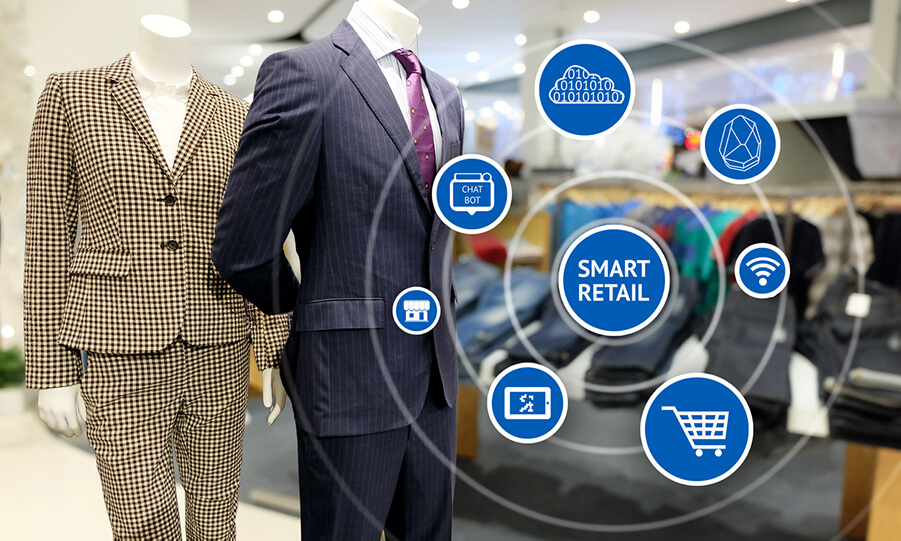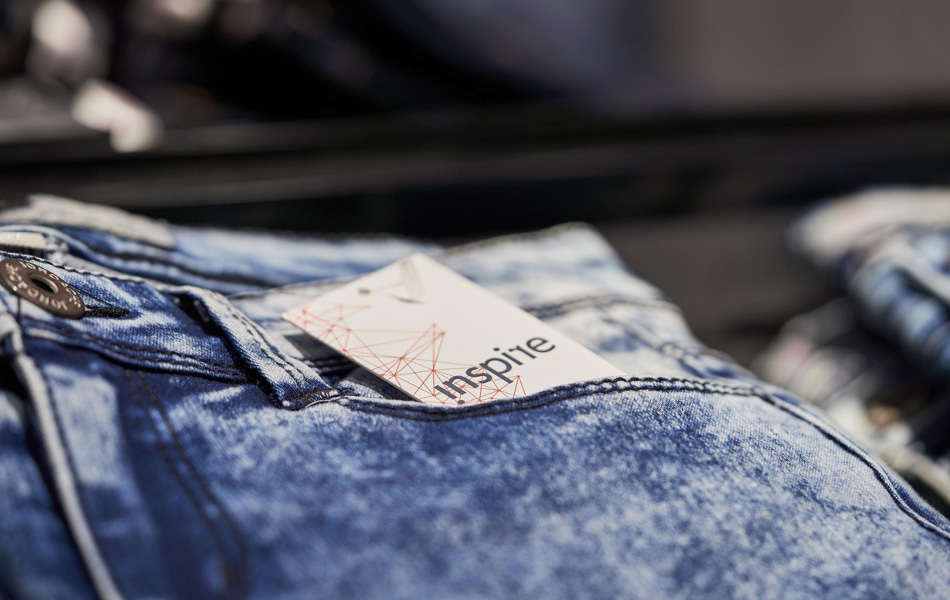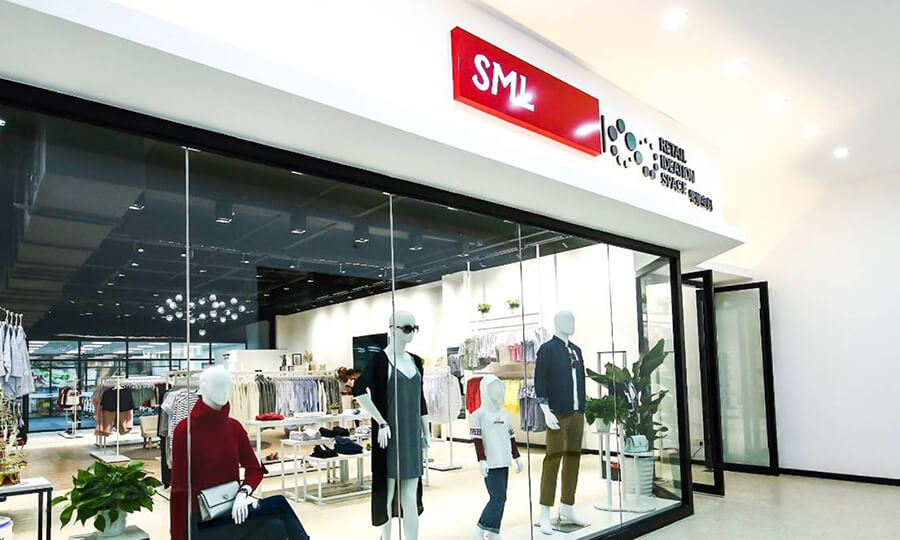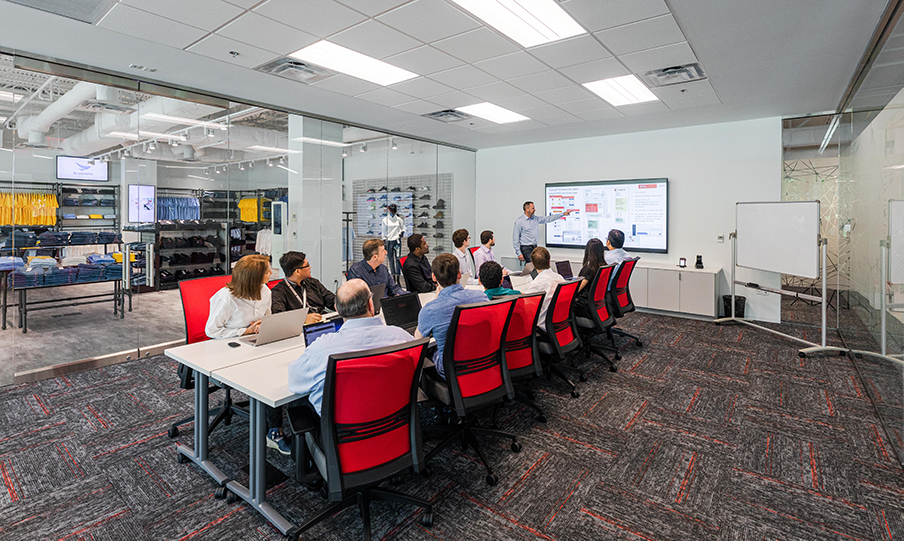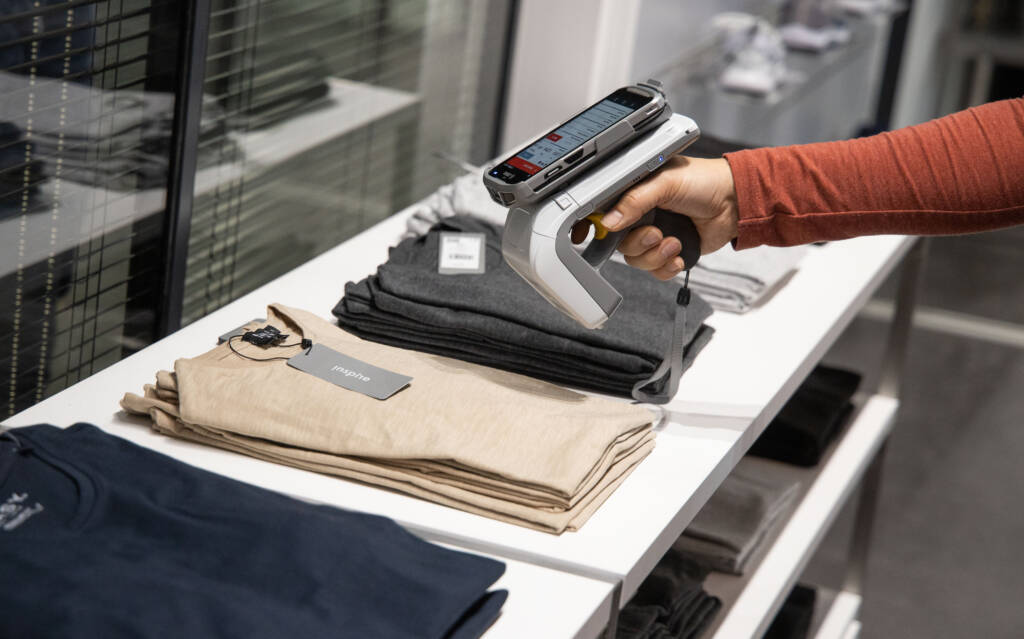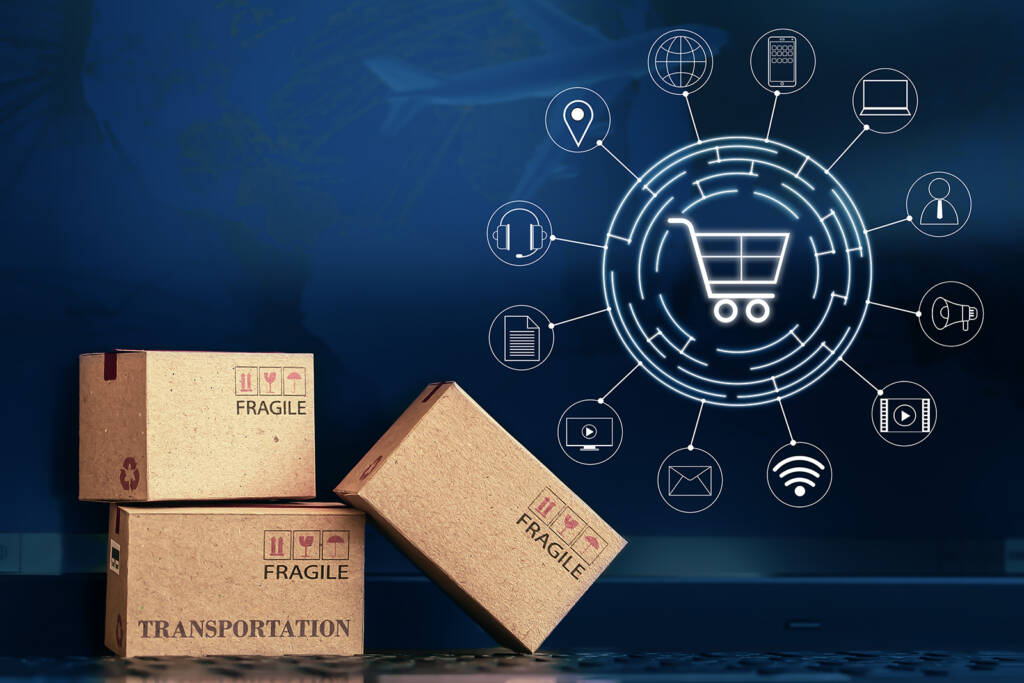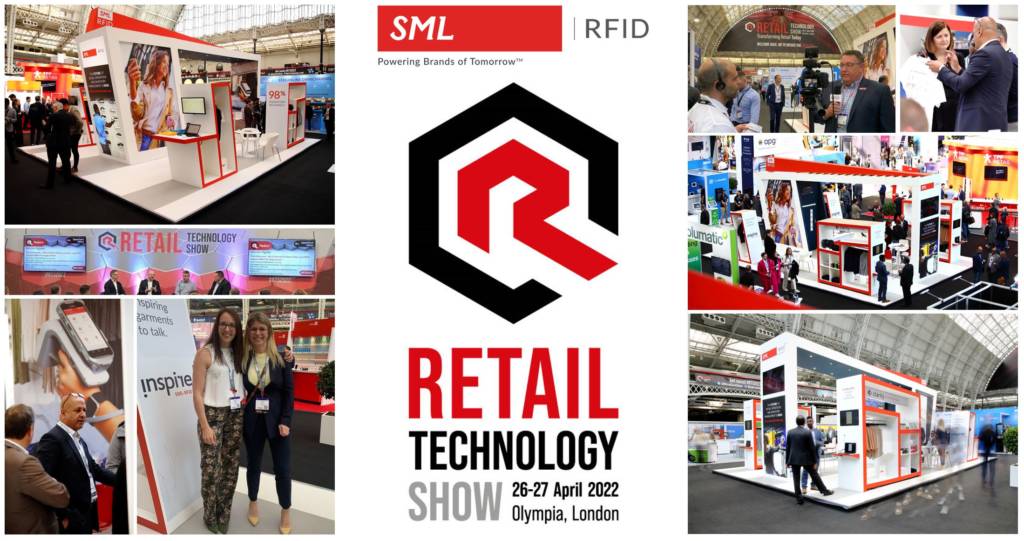Benefits of RFID: ASDA’s Secret to Its Successful Retail RFID Rollout
The Retail Technology Show is one of Europe’s largest gatherings of retail visionaries and tech innovators. This year was another exceptional event, with more than 12,000 senior retail professionals, 400 tech suppliers, and 120 industry leaders sharing expertise. This included Dean Frew, President of the RFID Solutions Division at SML Group, who facilitated a panel discussion with UK top retailer ASDA executives Kirsty Buxton, Senior Manager of RFID, George Transformation at George Clothing (part of ASDA Group) and Nathan Jennings, Senior Director Transformation, George Clothing (part of ASDA Group).
Transforming Retail with RFID
Kirsty Buxton detailed the initial motivations behind integrating RFID technology at ASDA: “The primary driver was to enhance product availability and accuracy, which directly impacts customer satisfaction. RFID allows us to ensure that products customers want can always be found on store shelves, drastically reducing missed sales opportunities due to stockouts.”
Nathan Jennings shared insights into the operational shifts facilitated by RFID, “Moving from a SKU level system to an item-level RFID system has allowed us to streamline processes and improve our response times to inventory changes, making our operations both more efficient and responsive.”
Key Benefits of Retail RFID and Strategic Changes
Throughout the session, the panelists highlighted retail RFID technology’s tangible and intangible benefits. One significant advantage has been the ability to make more informed decisions based on real-time data. This shift towards data-driven strategies has been pivotal in refining the purchasing process, improving size profiling, store grading, and enhancing replenishment accuracy.
Moreover, item-level RFID has played a crucial role in strategic changes within the business, particularly regarding the George clothing line. “RFID has been the biggest piece of strategic change the George business has seen in the last ten years,” Kirsty remarked. This sentiment was echoed across the business with positive feedback from various stakeholders, from store floor employees to executive management, all noting the profound impact of this technology on daily operations.
Future Directions and Continuing Innovation with RFID
Looking forward, ASDA plans to continue leveraging retail RFID technology to enhance its omnichannel strategy further and improve customer-facing services. “Our next steps involve using RFID to better showcase our inventory online and improve our markdown processes, making these operations more efficient and customer-friendly,” explained Nathan.
In addition to operational enhancements, ASDA is keen on exploring RFID’s potential to contribute to sustainability efforts, particularly in reducing environmental impact through better inventory management and reduced waste.
Conclusion
The panel discussion at RTS 2024 provided profound insights into how ASDA has successfully harnessed RFID technology to transform its retail operations. The journey highlighted by Dean, Kirsty, and Nathan showcases RFID’s significant benefits and illustrates a roadmap for other retailers considering similar technological adoptions.
As ASDA continues to innovate and drive changes through RFID technology, it stands as a beacon for the retail industry, demonstrating the substantial benefits of integrating advanced technologies in traditional retail settings.
Contact our retail RFID experts today to learn more about how your business can start reaping the benefits of RFID. You can also view the entire panel discussion by filling out the form below.

